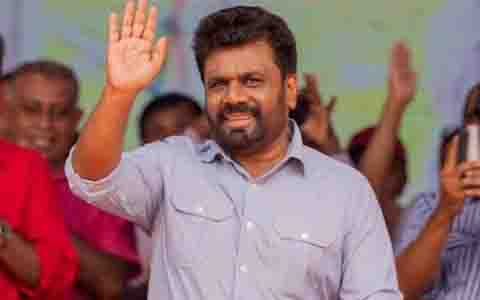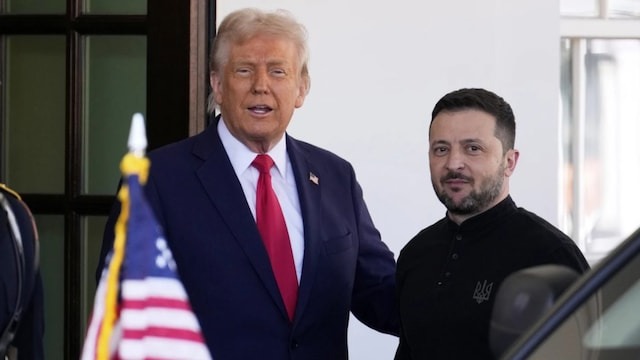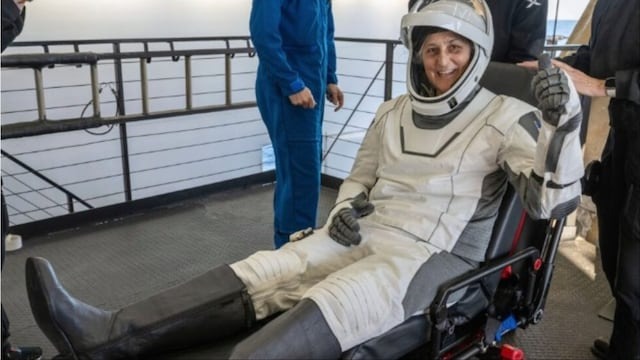
Colombo. Anura Kumara Dissanayake has won the presidential election in Sri Lanka. This is the first time a Marxist leader has reached this position. 56-year-old Dissanayake, the candidate of the National People's Power (NPP), a broad front of the Marxist Janatha Vimukthi Peramuna Party, defeated his nearest rival Sajith Premadasa of the Samagi Jana Balawegaya (SJB). Outgoing President Ranil Wickremesinghe was eliminated in the first round after failing to be among the top two with maximum votes.
The NPP said Dissanayake will be sworn in as president on Monday. Right-wing President Gotabaya Rajapaksa came to power in 2019 to make Sri Lanka "great". But two and a half years later, he fled in the middle of the night after people angry over the bankrupt economy stormed his house. And now Anura Kumara Dissanayake, leader of the Marxist Janatha Vimukthi Peramuna party, has won the presidency.
Anura's father was a farm laborer from the Anuradhapura district in north central Sri Lanka. This is a remarkable change from Sri Lanka's perspective as the country has moved from extreme right to extreme left in just two years with utmost ease. If we compare the votes (just 3% in 2019) to today's votes (over 43%), this is a landslide victory for Anura Kumara. When he failed to secure at least one vote above 50% for an outright victory, Sri Lanka's Election Commission had to count second preference votes, a first in Sri Lanka's presidential election history.
Sri Lanka's presidential election uses a preferential voting system, under which voters rank up to three candidates in order of preference. If a candidate gets more than 50 percent of the votes as a first choice, i.e. an absolute majority, he is declared the winner. If not, a second round of counting begins, in which second and then third-choice votes are counted.
Student leader, 2 terms in 24 years
Anura rose to prominence in the 1990s as a student leader promoting the idea of communism on the island. By then, the JVP's charismatic Marxist leader Rohana Wijeweera had died. The JVP, once the most feared and banned terrorist organization, had returned to mainstream politics promising to try democratic means to power.
He got his first break in the year 2000 when he won a parliamentary seat. A few years later, he was made a cabinet minister in President Chandrika Bandaranaike Kumaratunga's government. A year later, he resigned from his post. Most recently, he was the opposition chief whip in Parliament. In the last 24 years since entering Parliament, he has held only two positions.
His party JVP has only three MPs in the Parliament and it will be difficult for him to run the government before the parliamentary elections in the next two to three months. One of the three MPs, Professor Harini Amarasuriya, can be made the Prime Minister at present. His inexperience is a matter of concern for the bureaucracy.

 Desk
Desk Share
Share
_939839210.jpg)





